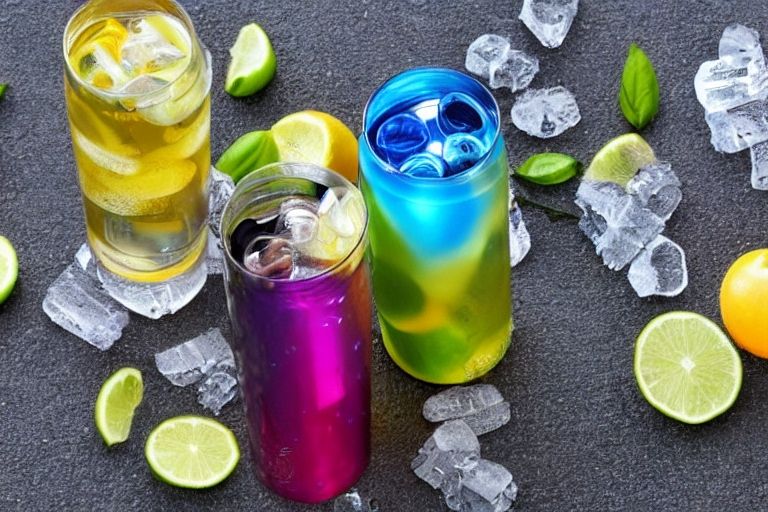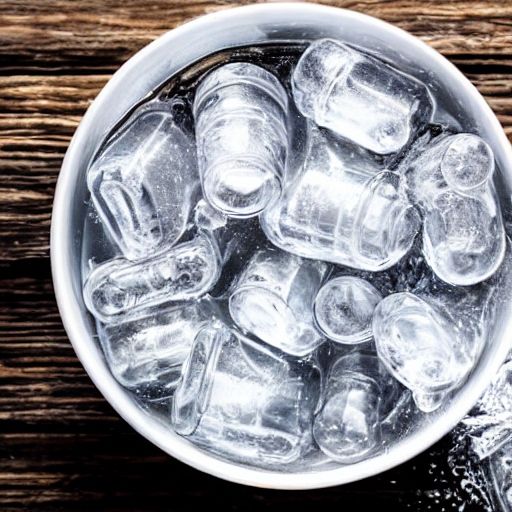Hydration and Energy Drinks: Are They Compatible or Counterproductive?

Hydration and Energy Drinks: Are They Compatible or Counterproductive?
In recent years, energy drinks have gained tremendous popularity, thanks to their promise of increased energy levels and improved performance. Meanwhile, hydration has always been essential for maintaining optimal health and well-being. But when it comes to hydration and energy drinks, are they compatible or counterproductive?
Firstly, it is crucial to understand the purpose of hydration. Our bodies depend on water to function correctly, as it is involved in various bodily processes, including digestion, circulation, and temperature regulation. Staying hydrated is essential for avoiding dehydration and ensuring our organs and systems operate efficiently.
On the other hand, energy drinks are designed to provide a quick energy boost through the use of stimulants such as caffeine and sugar. These beverages often contain high levels of sugar and caffeine, which can increase heart rate and temporarily enhance alertness and focus.
Intuitively, one might assume that energy drinks can contribute to hydration, especially during times of physical exertion when our bodies lose fluids through sweat. However, energy drinks may not be the best option for rehydration, and consuming excessive amounts may have counterproductive effects.
Many energy drinks contain diuretics, substances that promote urine production, leading to increased fluid loss. The high levels of caffeine in these beverages can act as a diuretic, which can potentially deplete the body’s fluid levels, ultimately leading to dehydration.
Furthermore, energy drinks often contain a high amount of sugar. While sugar provides a quick source of energy, excessive consumption can also cause dehydration. Our bodies require water to process sugar effectively, so consuming energy drinks packed with sugar may increase the need for fluids, resulting in further dehydration.
Given these drawbacks, some argue that energy drinks should not be used for hydration at all. Instead, it is recommended to rely on water, sports drinks specifically designed for rehydration, or natural electrolyte-rich beverages like coconut water.
Sports drinks, for instance, are developed to replenish electrolytes lost during intense physical activity, making them a more suitable option than energy drinks. They contain a balanced combination of water, carbohydrates, and electrolytes like sodium and potassium, efficiently aiding in rehydration after strenuous exercise.
Overall, the compatibility of hydration and energy drinks depends on one’s goals and circumstances. While energy drinks can provide a temporary energy boost, they may not be the best choice for rehydrating the body. Those looking to replenish fluids should opt for water, sports drinks, or natural alternatives that specifically target rehydration. Additionally, it is crucial to consume energy drinks in moderation due to their potentially detrimental effects on the body.
In conclusion, hydration and energy drinks may not always be compatible. While energy drinks offer a quick energy fix, they may not adequately support hydration due to their diuretic properties and high sugar content. It is crucial to prioritize water and appropriate rehydration beverages when aiming to replenish fluids lost during physical exertion and maintain overall well-being.



